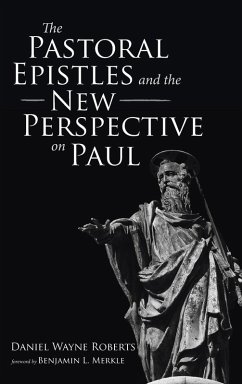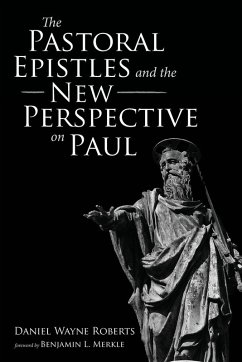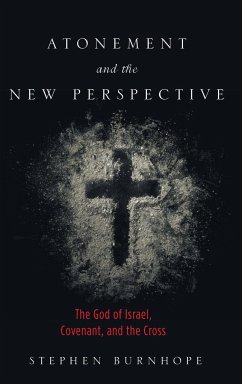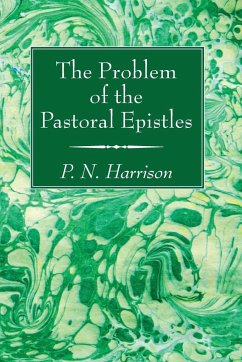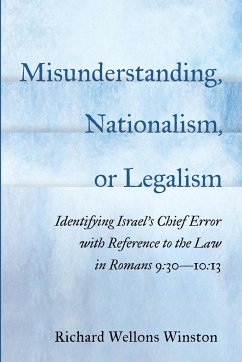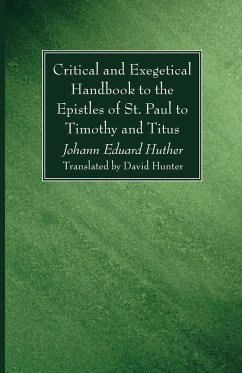The so-called ""New Perspective on Paul"" has become a provocative way of understanding Judaism as a pattern of religion characterized by ""covenantal nomism,"" which stands in contrast to the traditional, Lutheran position that argues that the Judaism against which Paul responded was ""legalistic."" This ""new perspective"" of first-century Judaism has remarkably changed the landscape of Pauline studies, but it has done so in relative isolation from the Pastoral Epistles, which are considered by most critical scholarship to be pseudonymous. Because of this lack of interaction with the Pastoral Epistles this study seeks to test the hermeneutic of the New Perspective on Paul from a canonical perspective. This study is not a polemic against the New Perspective on Paul, but an attempt to test its hermeneutic within the Pastoral Epistles. Four basic tenets of the New Perspective on Paul, taken from the writings of E. P. Sanders, N. T. Wright, and James D. G. Dunn, are identified and utilized to choose the passages in the Pastoral Epistles to be studied to test the New Perspective's hermeneutic outside ""undisputed"" Paul. The four tenets are as follows: Justification/Salvation, Law and Works, Paul's View of Judaism, and the Opponents. Based on these tenets, the passages considered are 1 Tim 1:6-16; 2:3-7; 2 Tim 1:3, 8-12; and Titus 3:3-7.
Hinweis: Dieser Artikel kann nur an eine deutsche Lieferadresse ausgeliefert werden.
Hinweis: Dieser Artikel kann nur an eine deutsche Lieferadresse ausgeliefert werden.

